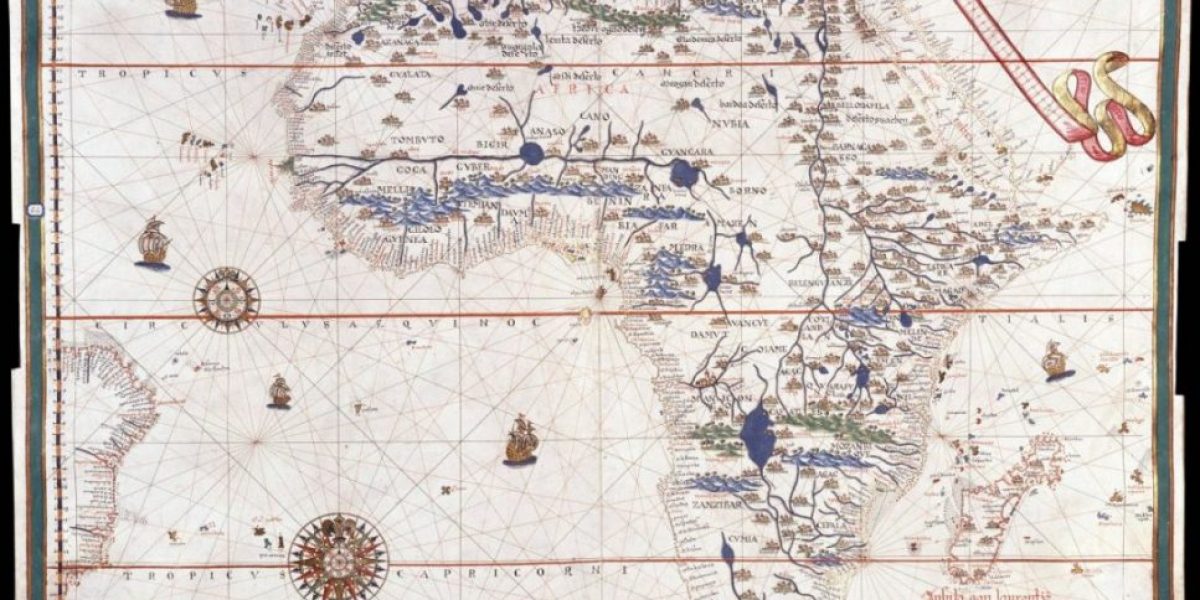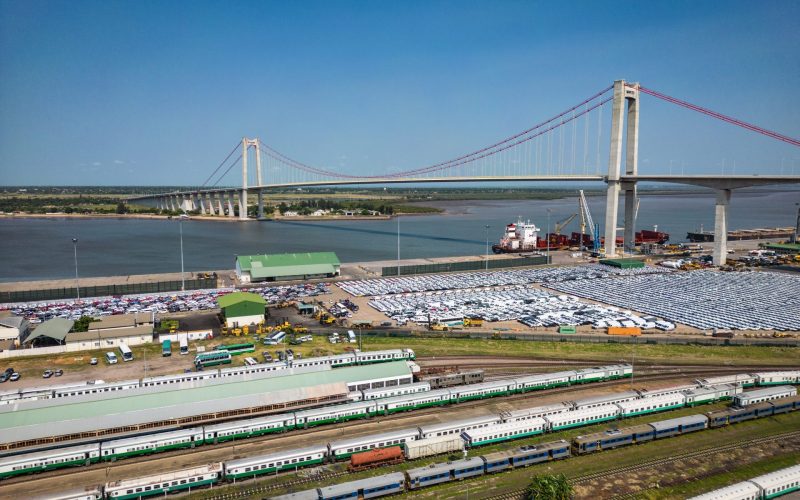The programme is an eclectic mix of neo-classical economics, liberal democracy and historical rhetoric on pan-Africanism.
Many have ridiculed the plan, with a dismissive sense of ‘here come the Africans, puffed-up chests, but with no money to buy the whisky’. They see Nepad as demonstrating more ambition than pragmatism.
It may seem this way when our leaders travel to a Group of Eight meeting to lobby for the first installment that will kick-start the plan.
However, for people who have never been on the receiving end of a discriminatory gesture, it would be hard to fathom the fervour with which the African revival must be pursued here and abroad. Its appeal to Africans lies in the fine balance between economic modernity and cultural traditionalism.
In trying to weigh up the rationality of all these ‘renaissance’ strategies, one must consider the reality. According to the United Nations Conference on Trade and Development, the contribution Africa makes to total global exports has dropped from 6% in 1980 to 2% in 2002. The figure for global imports is not much different.
We have blamed the inconsistencies of the global market that have led to fluctuations in commodity prices. Obviously, this argument no longer sticks because of African governments that tend to spend more than they earn, and do not direct funds towards social and commercial development.
This is the situation that has led to more than 20000 African professionals leaving the continent each year for better wages and career growth prospects overseas.
Research by the International Organisation for Migration deduced that $4m is needed to offset the skills loss by recruiting foreign professionals to fill the gap left by the diaspora. The brain drain has led to Africans abroad remitting close to 400m a year to countries such as Ghana and Uganda.
In Uganda, the remit is more than export earnings from coffee, its agricultural mainstay.
The repatriation of income from members of the diaspora has led the London-based African Foundation for Development to refer to expatriate workers as an emergent dimension of the aid donor system.
In highly indebted African countries, contributions made by migrants constitute a substantial proportion of foreign direct investment. The foundation recommends that Nepad considers incorporating the existing system of remittances into funding schemes for Nepad projects, to promote local savings and indigenous investments.
That, along with tax cuts for local businesses, micro-credit schemes and tighter emigration laws, is a way to curb the brain drain, but it does nothing to revers e the attitude of self-deprecation among Africans living in a free world.
This seems especially true for the emergent African bourgeoisie the improvement of material circumstances has done little to conscientise them on the inherent responsibility they have to right the wrongs of their apartheid, colonial and slavery pasts.
This is the crux of the current black economic empowerment debate in SA. It is almost as though, in taking bold steps toward redress, we would be absolving the known oppressor from responsibility.
Yet because of a changing world and our varying social experiences, it is difficult to find a common approach to solving the continent’s problems among Africans, whether resident in Africa, the US, Europe, South America or the Caribbean.
Nobody would deny that Africans need a catharsis moment, so as to heal from histories of mutual degradation. But advocated ways of achieving this vary. Some prefer theatre, art and music. Others prefer recourse to religion and mysticism. Leaders want to press on with the economic and political initiatives of the African Union.
None is more valid than the others. What the diaspora must do is bridge the perceived gaps so that all the tools of advocacy can be mutually reinforcing.
Synergy is, after all, the strength of the Jewish lobby. Although 10% of Israelis live in the US, endeavours at cultural cohesion are intact. Jews all over the world may not agree on the question of political integration in Israel, or even on the orthodoxy of Judaism. But they agree that the nation is most important, as is an end to the suffering they have endured throughout history.
In that commitment are lessons for Africans and the diaspora.








